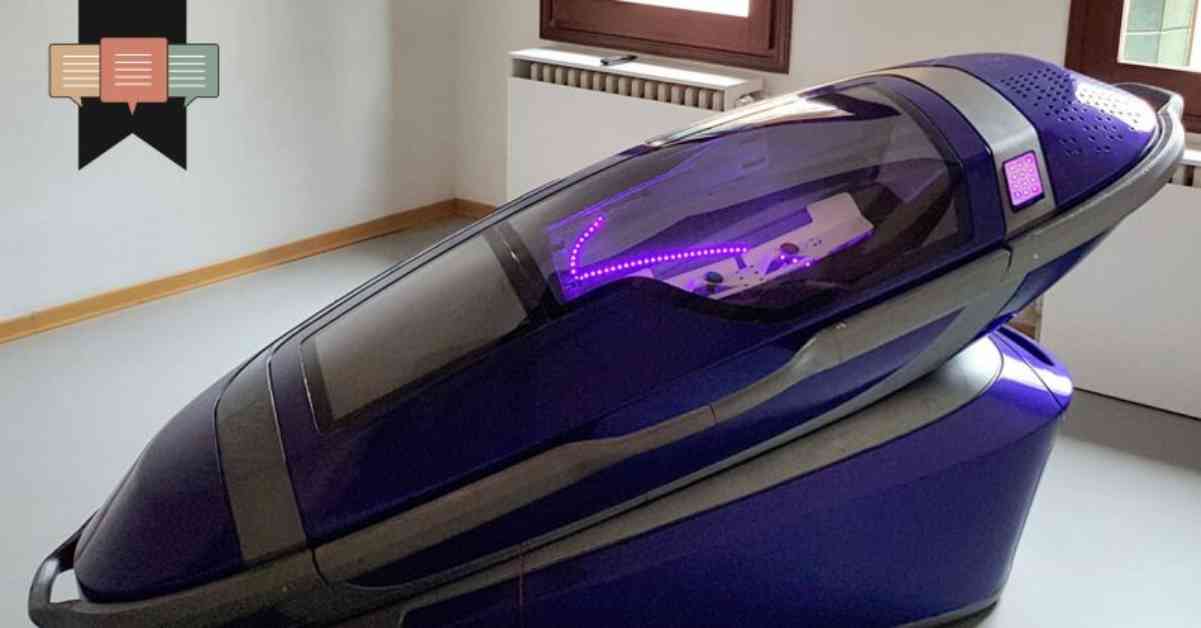Assisted suicide has taken on many forms over the years, from physician-administered lethal injections to the use of high doses of morphine to ease pain. However, Switzerland has recently introduced a new innovation in the form of the Sarco suicide machine, designed by Philip Nitschke, also known as “Dr. Death.” This 3D-printed pod, often referred to as the “Tesla of euthanasia,” aims to revolutionize the way individuals choose to end their lives.
While Switzerland has a long history of legalizing assisted suicide, the introduction of Sarco has raised ethical and legal concerns. Despite its sleek design and futuristic interface, Sarco essentially acts as a nitrogen-filled gas chamber, allowing users to end their lives in a matter of seconds. The machine poses questions to users before initiating the process, replacing oxygen levels with nitrogen gas and inducing a permanent sleep within 30 seconds.
Critics of Sarco, including James Mildred from the pro-life group CARE, argue that the machine glamorizes suicide and promotes the destruction of human life, particularly targeting the terminally ill, elderly, and those in chronic pain. Switzerland, in response to legal and ethical considerations, has decided not to permit the use of Sarco within its borders, citing concerns about selfish motivations and the responsibility for facilitating such deaths.
The introduction of Sarco raises broader questions about the intersection of technology and ethics, particularly in end-of-life decisions. While some may see the machine as a convenient and painless way to end suffering, others argue that it exploits vulnerable individuals and encourages a quick and easy way out. The decision by Swiss authorities reflects a cautious approach to technological advancements that may compromise human dignity and the sanctity of life.
From a religious perspective, the use of technology like Sarco challenges traditional beliefs about the sanctity of life and the role of God in determining the end of life. Many faith traditions emphasize the importance of recognizing human beings as creations of God and respecting the inherent dignity and value of each individual. The push for technological solutions to complex human problems may overlook the deeper moral and ethical considerations at play.
Ultimately, the rejection of Sarco in Switzerland serves as a reminder that progressivism in technology should not come at the expense of human life and dignity. By upholding policies that protect vulnerable individuals and promote human flourishing, lawmakers can navigate the complex terrain of bioethics and ensure that advancements in technology align with ethical principles and respect for life.




